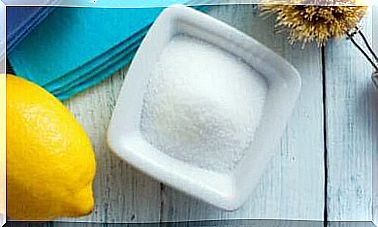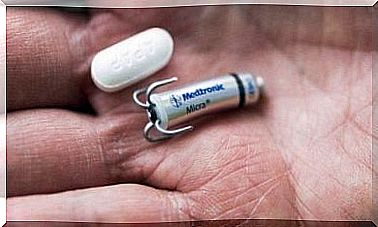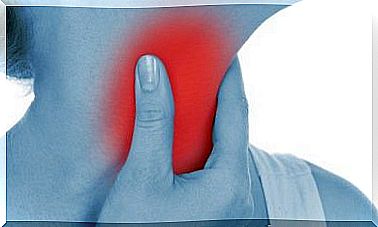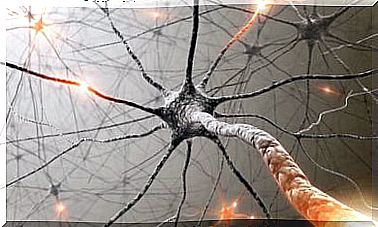6 Vitamins That Should Not Be Missing In Your Diet

Maintaining a healthy, balanced diet is essential for a healthy body. Vitamins are among the nutrients that we need to get daily. Vitamins are indispensable for all kinds of chemical processes in the body. That is why today we will tell you a little more about six vitamins that should not be missing in your diet. In the future, make sure you get enough of it.
Vitamins that should not be missing in your diet
Vitamin C
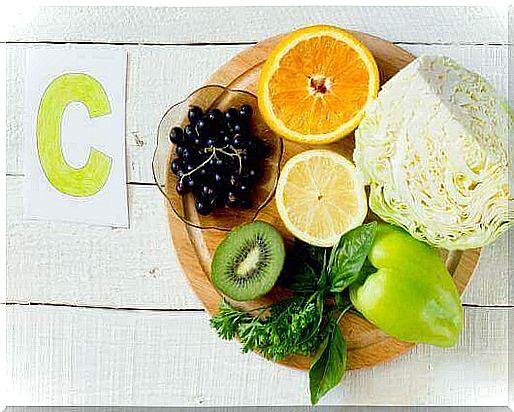
The first of the vitamins that should not be missing in your diet is vitamin C. It is extremely important to make sure that your body is getting enough vitamin C. This is especially true in winter when the cold weather puts your immune system to the test. Vitamin C helps prevent colds and flu as it acts as an antioxidant.
A lack of vitamin C means that your body is unable to make healthy cells to protect itself against viruses and bacteria. Of course, consuming vitamin C won’t guarantee you won’t get sick, but it will help reduce your risk of disease.
- Some of the foods that are high in vitamin C are citrus fruits, such as oranges and kiwis.
Vitamin A
If you don’t have enough vitamin A in your body, you will notice it in your eyesight. That’s why vitamin A is known as ‘the vitamin that’s good for your eyes’. In addition, this substance is an antioxidant that is able to keep your immune system healthy. Vitamin A is mainly found in:
- Animal fats
- Roots
- tomatoes
- peaches
- peppers
folic acid

Another one of the vitamins that should not be missing in your diet is folic acid, also known as vitamin B9. One thing folic acid does for your body is prevent anemia. This condition includes prolonged fatigue, but fortunately it is also preventable. To make sure you get enough folic acid, you need to include plenty of fruits and vegetables in your diet. In particular, we recommend eating strawberries and mangoes regularly.
Vitamin B12
Vitamin B12 is necessary for healthy nerve and blood cells. It helps your body properly produce energy and make DNA.
As you get older, your stomach becomes less and less able to break down proteins efficiently. This also makes your body less able to absorb this vitamin. It is therefore advisable to check your vitamin B12 levels as you get older. The risk of a vitamin B12 deficiency increases in particular from the age of 50.
- Some foods that contain a good amount of vitamin B12 are fish, meat, eggs and dairy products.
- If you follow a vegetarian or vegan diet, the risk of a vitamin B12 deficiency is slightly higher for you. Fortunately, you can also get it through grains.
Vitamin D
Vitamin D is definitely one of the vitamins that should not be missing in your diet. It is a requirement for healthy and strong bones and good calcium absorption. In addition, low vitamin D levels are often associated with an increased risk of heart disease and cancer. This fabric is unique because you can make it by sitting in the sun. In fact, the sun is our main source of vitamin D.
People most vulnerable to vitamin D deficiency are those who:
- Living in cities with high levels of pollution.
- Wearing clothes that completely cover their bodies
- Have more pigment in their skin.

Vitamin B6
Vitamin B6 plays a role in about 200 biochemical reactions in the body. This immediately makes it clear why it is so important to get enough of it. Factors that are affected in a deficiency of this vitamin are:
- sleep
- Appetite
- Mood
- Cognitive skills
- immune system
- Production of red blood cells
Low vitamin B6 levels are uncommon. Still, it’s a good idea to make sure you’re getting enough by consuming things like meats, whole grains, and nuts.
Now you know: there are definitely vitamins that should not be missing in your diet, nutrients that will seriously affect the vital processes in your body if you don’t get enough of them. This applies to everything from the common cold to heart disease. Vitamins help to protect your body and carry out hundreds of necessary chemical reactions.

